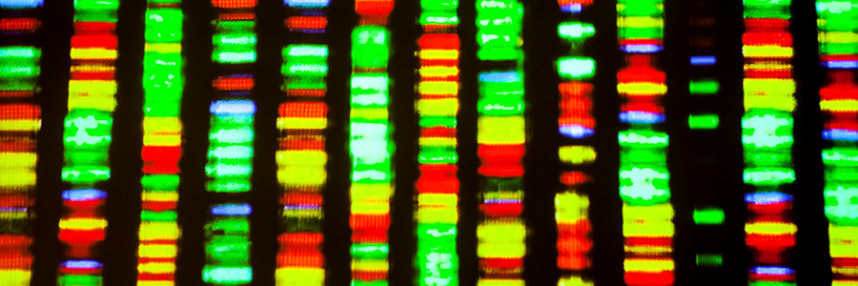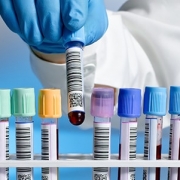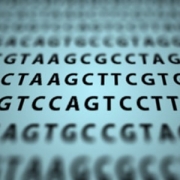Data: the heart of personalised medicine
With genomics high on the agenda, international initiatives bring together healthcare and technology to better understand complex information
Genome sequencing is all the rage. A recent article in the scientific journal Nature highlighted Genomics England’s pioneering 100,000 Genomes Project as well as projects under way in a host of other countries, most notably America’s Precision Medicine Initiative. The details vary, but the common goal of all of these large-scale projects is to link genomic data with health records and, ultimately, health services to provide better care for patients.
The benefits of data in practice
The advantages of linking up data with healthcare are two-fold. First, it will allow health services to make the most of immediate opportunities to personalise and improve patient care. For this reason, 100,000 Genomes focuses on cancer and rare diseases, as these patients are deemed the most likely to benefit in the short term from genomic screening – either by early diagnosis or changes to the way in which they are cared for.
The second aim is to understand the links between genomics and disease on a much deeper level and for a wide variety of conditions, with the ultimate aim of earlier, more accurate diagnosis and, in cases where it would be beneficial, personalised treatment. This is why linking genomic data with health records (past, present and future) is so crucial – as explained in a useful new animation from Genomics England: Data in the 100,000 Genomes Project.
Shared resources for faster progress
With the right restrictions in place, sharing information and knowledge can help in ambitious efforts to gain genomic insights into health and disease. This week, Genomics England signed a Memorandum of Understanding (MOU) with Genome British Columbia in Canada, with the intention of working together to share not only genomic data, but also tools to analyse that data.
Sequencing a whole human genome – once in itself a feat so great that it required 10 years of unprecedented international scientific collaboration to achieve – is now relatively simple thanks to greatly improved technology. Preparing that data for analysis and making sense of it remains the major hurdle to overcome en route to effective personalised – or precision – medicine. Genomics England has therefore been working with selected commercial providers to develop and optimise genomic data analysis: UK-based Congenica, and US-based firms Nanthealth, Omica and WuXi NextCODE.
Advancing technology and care
Just like the original Human Genome Project, 100,000 Genomes is not merely scaling up existing expertise, but simultaneously driving technological innovation as it strives to achieve ambitious goals. The efforts of a wide range of organisations and individuals should result in an infrastructure geared towards genomic medicine: an emphasis on continuing research and systems capable of supporting the transformation of the NHS.
The work taking place in the UK ties in with wider moves in healthcare systems around the world to make better use of all forms of health-related data, including genomic data, as well as innovations in digital technology. The NHS National Information Board set out their vision for the future last year in Personalised Health and Care 2020, a framework for using data and technology to improve health outcomes; and data and informatics were also high on the agenda for innovation and transformation at the 2015 NHS Health and Care Innovation Expo conference in Manchester this month.
Since understanding genomic data is perhaps the single greatest challenge when it comes to harnessing ‘big data’ for health, the progress of the 100,000 Genomes Project may be seen as a bellwether for more general movement towards personalised medicine.
–









